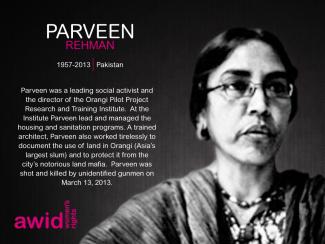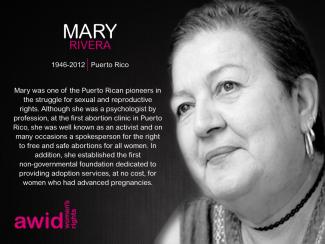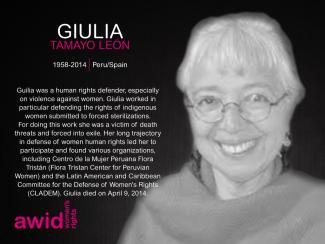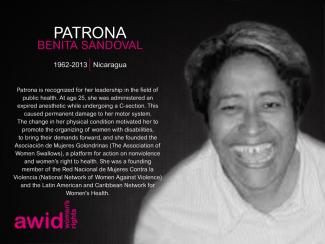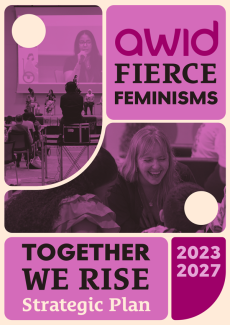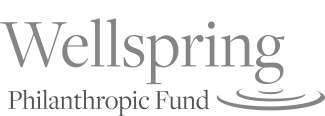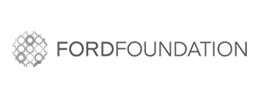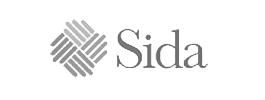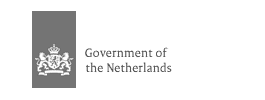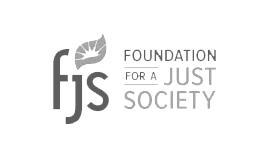La Campaña por el Derecho al Aborto «Rompiendo el Silencio» en Irlanda
Abortion Rights Campaign [Campaña por el Derecho al Aborto, ARC] — que aboga por el aborto libre, seguro y legal en Irlanda — se afilió a AWID en mayo de 2015. Se trata de una organización de base, no jerárquica y formada por personal voluntario, que actúa de forma autónoma en su activismo por el derecho a decidir.
ARC trabaja en conjunto con numerosos grupos de justicia social, derechos humanos e igualdad de género en temáticas relacionadas entre sí y que se ven afectadas por el hecho de que desde 1983, cuando se aprobó la octava enmienda a la Constitución irlandesa, el país no ha brindado un apoyo pleno a la salud y los derechos sexuales y reproductivos de las mujeres.
Aunque la ARC se creó recién en enero de 2013, ya trabaja activamente con más de 15 organizaciones de toda Irlanda y también a nivel internacional, entre las que se cuentan Consejos de Mujeres y grupos trans*, de inmigrantes, de simpatizantes, regionales y rurales.
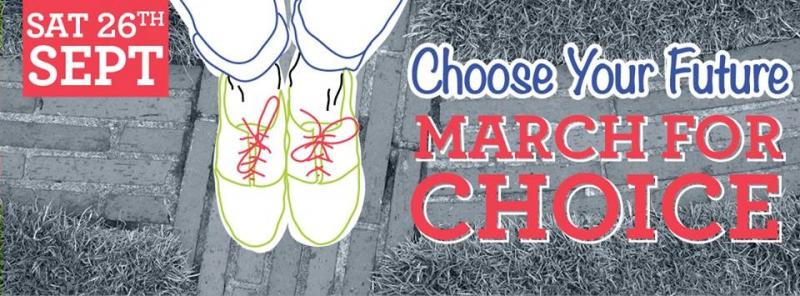
Marcha por el Derecho a Decidir
En el marco del Día de Acción Global por un Aborto Legal, Seguro y Gratuito, la ARC organizó su Cuarta Marcha Mundial por el Derecho a Decidir, el 26 de septiembre de 2015. La marcha es parte de la misión de ARC que incluye tanto garantizar el acceso al aborto libre, seguro y legal, como cuestionar el ambiente restrictivo, estigmatizado y patriarcal que rodea a la salud y los derechos sexuales y reproductivos en Irlanda.
Cathie Doherty, una de los co-convocantes de ARC afirma: «En Irlanda hay ganas de que se produzca un cambio real, en contra de lo que sostienen el Ministro de Sanidad y del Primer Ministro. Tenemos que acabar con la hipocresía de los viajes al exterior, que obliga a las mujeres que no pueden viajar a continuar con sus embarazos o a incumplir la ley importando píldoras para abortar. Podemos cambiar Irlanda. Podemos tener una sociedad que nos trate como seres humanos valiosos, que lo somos».
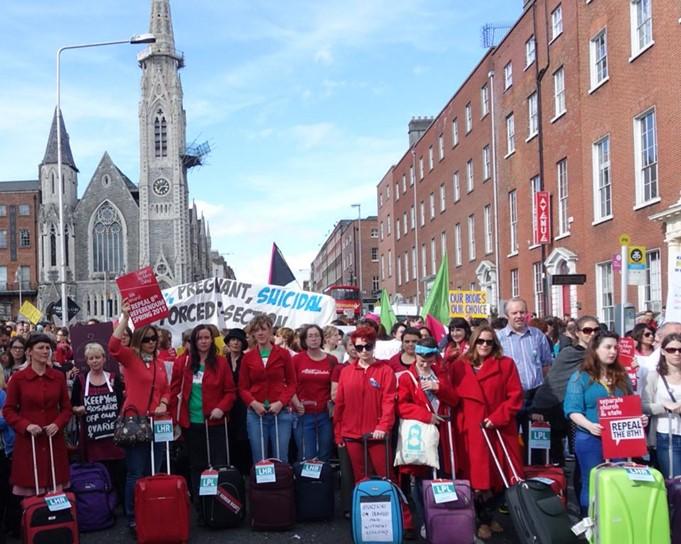
En sólo un año (2013 - 2014), la marcha ha crecido de 1.000 a 5.000 participantes, y se informó que 10,000 personas participaron de la marcha de este año.. Las manifestantes llevan maletas con ruedas, como símbolo de los miles de mujeres que se han visto obligadas a viajar para poder abortar. Entre enero de 1980 y diciembre de 2014, al menos 163 514 mujeres y niñas viajaron desde la República de Irlanda para acceder a servicios de aborto seguro en otro país. (en inglés)
«Alza la voz» – Romper el silencio y acabar con el estigma
La ARC trabaja en estrecha colaboración con las mujeres que han abortado para que cuenten sus historias, creando un espacio seguro donde las mujeres pueden hablar y ser escuchadas. La acción «Speak Out» [Alza la voz] organizada en 2013 y nuevamente en 2014 facilitó una plataforma a las mujeres para que pudieran hablar sobre sus experiencias de abortos y atención a la salud reproductiva en el extranjero o ilegalmente en Irlanda.
Algunas mujeres compartieron sus historias con la prensa. La actriz y escritora Tara Flynn habló recientemente en público sobre su experiencia a través del periódico The Irish Times, en declaraciones sobre la Marcha por el Derecho a Decidir en la que se dispone a participar: «Es hora de admitir las historias de las mujeres reales — las mujeres que todo el mundo conoce — y los hechos concretos: cientos de miles de mujeres han tenido que viajar y continuarán viajando para obtener la atención médica que necesitan, o han puesto en riesgo su vida. El silencio no nos ha llevado a ninguna parte. Es hora de alzar la voz".
Desmontando mitos a través de las redes sociales
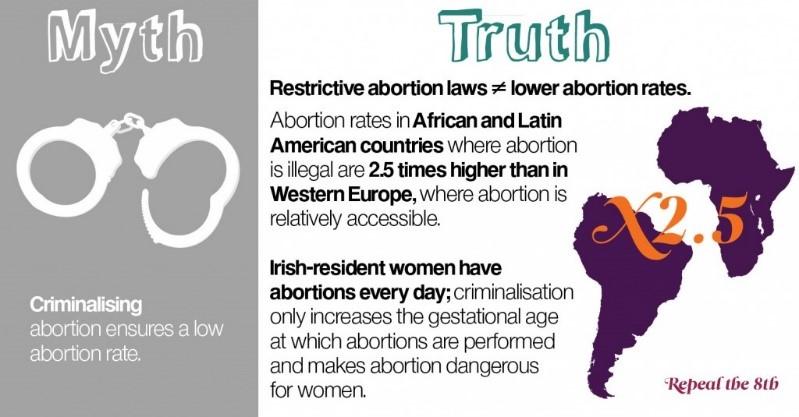
Para la campaña ARC, las redes sociales son una plataforma eficaz para hacer campaña y poner de relieve cuestiones que tienen que ver con la autonomía corporal, de las que no se ocupan los medios de comunicación más tradicionales.
«Nos esforzamos por incorporar el uso de los nuevos medios y las tecnologías en todo nuestro trabajo de incidencia, con el objetivo de involucrar a un público lo más amplio posible», afirmó una portavoz de la ARC.
En 2014, en la semana previa al Día Internacional de las Mujeres, ARC organizó la campaña «8 días, 8 mitos», para acabar con el estigma y las mentiras que rodean al aborto.
Cuarta Marcha Anual por el Derecho a Decidir (en inglés)


